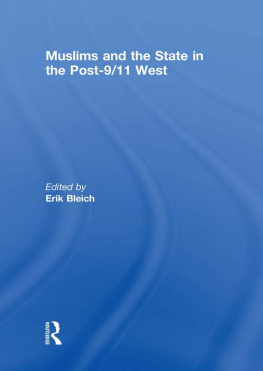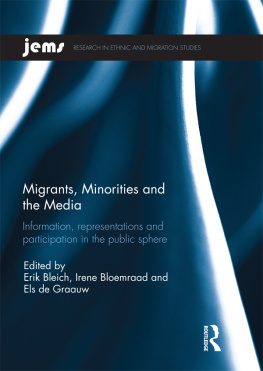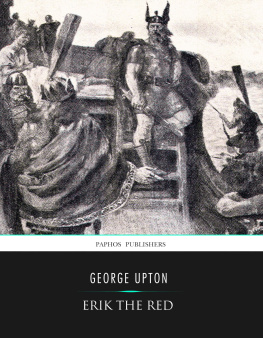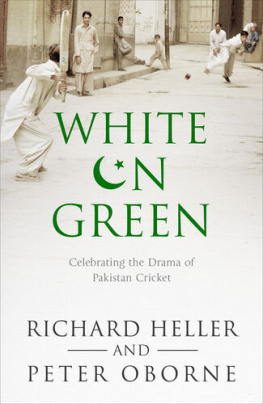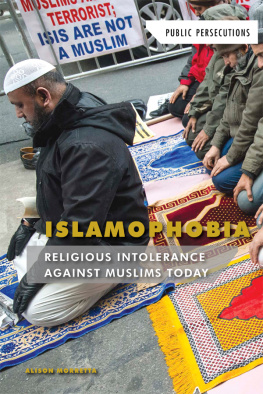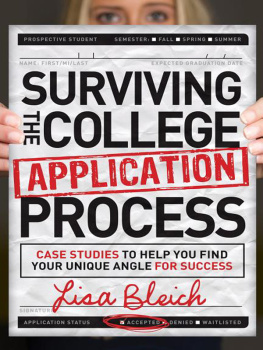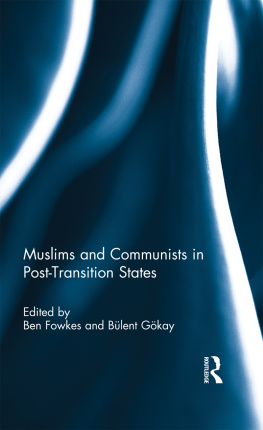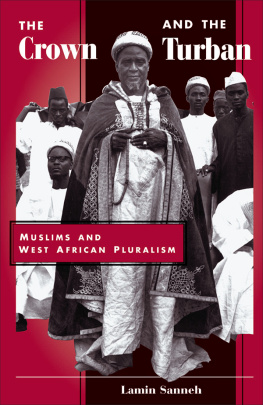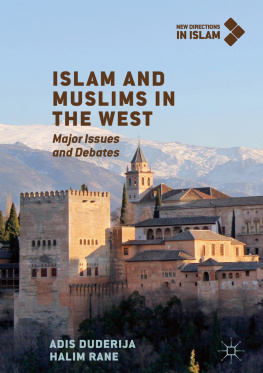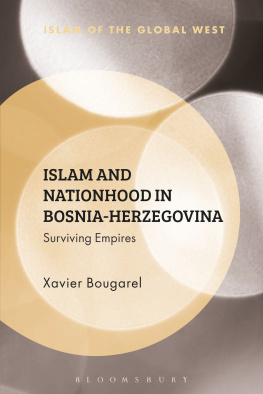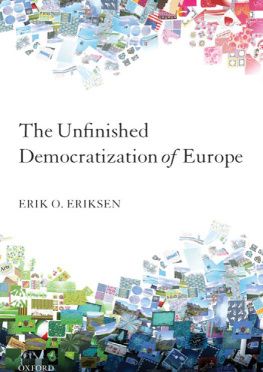Muslims and the State in the Post-9/11 West
From the terrorist attacks of 9/11 to the assassination of Dutch filmmaker Theo van Gogh to the London transportation bombings, dramatic events of recent years have generated security concerns about Muslim communities in the West. These have added an additional layer to the tensions surrounding Muslim immigrant integration and have generated heated discussions about how governments should address such challenges. This collection assembles leading scholars to address four central themes related to the interactions between Muslims and states in contemporary Europe and North America. Its authors investigate the timing of Muslims' emergence as a perceived security risk; they review the variety of actions undertaken in response to the new concerns; they assess the effectiveness of different kinds of policies in managing the security and social challenges that governmental actors observe; and they identify relevant Muslim sub-groups and their highly divergent views on recent developments. This book thus serves as a foundation for understanding an issue of critical importance and as a touchstone for advancing public, policy, and scholarly debate about Muslim-state interactions.
This book was originally published as a special issue of the Journal of Ethnic and Migration Studies.
Erik Bleich is Associate Professor of Political Science at Middlebury College in Vermont. He is the author of numerous scholarly articles on European policymaking in the areas of race, ethnicity, and religion. His book Race Politics in Britain and France: Ideas and Policymaking since the 1960s was published in 2003, and he is currently at work on a book entitled The Freedom to be Racist?
Muslims and the State in the Post-9/11 West
Edited by Erik Bleich
First published 2010 by Routledge
2 Park Square, Milton Park, Abingdon, Oxon, OX14 4RN
Simultaneously published in the USA and Canada
by Routledge
711 Third Avenue, New York, NY 10017
Routledge is an imprint of the Taylor & Francis Group, an informa business
2010 Taylor & Francis
Typeset in Minion by Value Chain, India
All rights reserved. No part of this book may be reprinted or reproduced or utilised in any form or by any electronic, mechanical, or other means, now known or hereafter invented, including photocopying and recording, or in any information storage or retrieval system, without permission in writing from the publishers.
British Library Cataloguing in Publication Data
A catalogue record for this book is available from the British Library
First issued in paperback 2013
ISBN13: 978-0-415-84965-4 pbk
ISBN13: 978-0-415-48895-2 hbk
Contents
| Erik Bleich |
| Erik Bleich |
| Shamit Saggar |
| Jytte Klausen |
| Frank J. Buijs |
| John R. Bowen |
| Christian Joppke |
| Ihsan Bagby |
| Peter Mandaville |
Erik Bleich is Associate Professor of Political Science at Middlebury College.
Shamit Saggar is Professor of Politics at the University of Sussex.
Jytte Klausen is Professor of Comparative Politics at Brandeis University.
Until his untimely and tragic death in summer 2007, Frank J. Buijs was Researcher in the Institute of Migration and Ethnic Studies at the University of Amsterdam.
John R. Bowen is Dunbar-Van Cleve Professor in Arts and Sciences, Sociocultural Anthropology at Washington University-Saint Louis.
Christian Joppke is Professor of Political Science at The American University of Paris.
Ihsan Bagby is Associate Professor of Arabic and Islamic Studies at the University of Kentucky.
Peter Mandaville is Associate Professor in the Department of Public and International Affairs and Co-Director of the Center for Global Studies at George Mason University in Virginia.
Muslims and the State in the Post-9/11 West: Introduction
Erik Bleich
Recent events have layered a security dimension on top of pre-existing concerns about Muslim integration in liberal democracies. The contributions to this collection address four central themes related to the emerging interactions between Muslims and states in contemporary Europe and North America: the timing of the securitisation trend in these countries; the types of state policy being produced; the effectiveness of different policies in managing the security and social challenges perceived by state actors; and the identification of relevant Muslim actors and their views on recent state policy developments. This introduction gives an overview of the authors' positions in these discussions, highlighting points of convergence as well as areas of contention.
State Responses to Muslim Violence: A Comparison of Six West European Countries
Erik Bleich
This essay examines contemporary state responses to associations between Muslims and violence in Britain, France, Germany, Italy, the Netherlands and Spain. It stresses the critical role of violence as a spur to recent policy developments, but argues that state actions since 9/11 have to be seen in the context of rising associations between Muslims and violence since the 1980s. States have responded to these associations with an overlapping three-pronged strategy that consists of enacting generic anti-violence policies, repressing religious violence and integrating religious minorities.
Boomerangs and Slingshots: Radical Islamism and Counter-Terrorism Strategy
Shamit Saggar
This essay is concerned with the moral oxygen for Islamist-inspired terrorism in Western countries, i.e. those supplying, often without knowing, the tacit support for both violence and the legitimacy of direct action in support of shared goals. The kinds of intervention needed to tackle terror plots directly will be distinctive and differ from those needed to address the problem of those who look the other way. But the effects of one kind of policy will often be felt, in some degree, by all Muslims. Some of the most sophisticated approaches to counter-terrorism are supposed to act with the precision of a slingshot, singling out the various targets in an accurate and predictable fashion. However, there has, in practice, been something of a boomerang effect, whereby counter-terrorism measures have spawned unintended side-effects which have swung back to damage the reputation of government and the security and intelligence communities. This article discusses these tensions and suggests new and innovative ways to maximise slingshot impacts while minimising, if not avoiding altogether, the public detriment created by boomerang effects.
British Counter-Terrorism After 7/7: Adapting Community Policing to the Fight Against Domestic Terrorism
Jytte Klausen
After the Madrid and London train-bombings, perceptions of the sources of Islamic terrorism changed. The British response to domestic jihadism was to apply community-policing principles to counter-terrorism enforcement. This essay describes the origins and intentions of the community-based policing of terrorism and partnership programmes with Muslim faith organisations. Collaboration with Muslim partners has helped to build confidence within government agencies that Muslim leaders are keen to curb terrorism, but has failed to build trust among the general Muslim public. The application of community-policing principles is, it is argued, an effort to bridge steep trade-offs between effective prevention and the social and political integration of Britain's Muslims.


